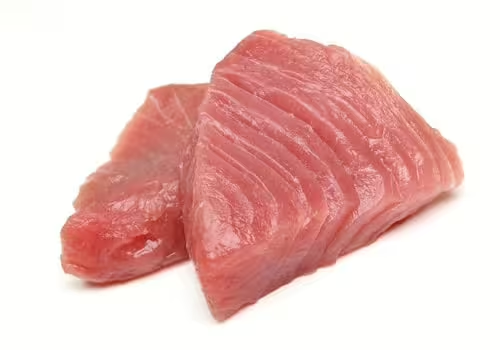- The vinaigrette: a sauce made from olive oil and apple cider or balsamic vinegar vinegar, accompanied by fresh herbs like parsley, chives or tarragon. - Mayonnaise: a creamy sauce based on eggs and oil, which can be flavored with garlic, mustard, fresh herbs or spices. - soy sauce: an Asian sauce made from fermented soybeans, accompanied by garlic, ginger and shallots. - Yogurt sauce: a creamy sauce made from Greek yogurt, accompanied by fresh mint, cucumber and lemon juice. - Anchovy sauce: an anchovy sauce, olive oil, garlic and parsley. - Lemon and olive oil sauce: a simple sauce made from fresh lemon juice, olive oil and fresh herbs.
